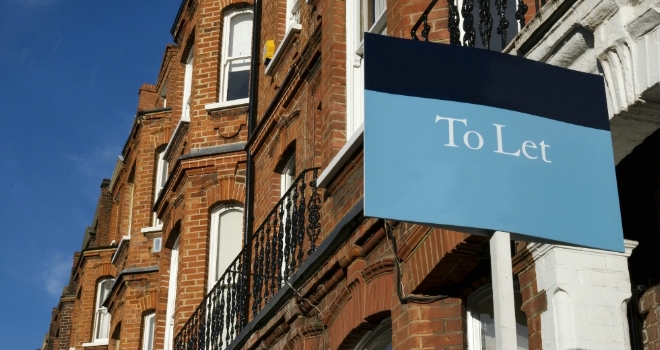“Generation Rent” is becoming a deliberate lifestyle choice, not just a second-rate alternative to buying.
Research by Direct Line Insurance suggests that 70% of the 12 million UK renters have no plans to purchase their own place. Certainly, raising the required 5%-10% deposit can be a huge stumbling block, but it appears that millennials, at least, have largely come to terms with this. Most are now firmly committed to renting, which is good news for landlords. Not only does it keep the supply of tenants, and therefore rents, high, but it also heralds the dawn of a “better” tenant - one who regards your property as his or her home.
This is a long-term commitment, and the tenant has no plans to move on. They have every intention of looking after the property as if it were their own – even going so far as to undertake redecoration and minor improvements as well as caring for the garden. As a consequence, tenancies are getting longer, providing greater security of tenure for tenants, and a more reliable investment yield for landlords. Win-win!
We have seen proposals from all political sides to consider longer-term or minimum three-year tenancy agreements, It is therefore well-timed and very much in keeping with changing tenant preferences. We have always helped our landlords with longer-than-average agreements, typically lasting around 24 months against a national average (according to Your-Move research) of just 20 months. Indeed some of our tenants have been with us for 10 years!
This is in line with the rise to age 36 for the average first time buyer. Tenants are just as likely to be in their thirties and forties, or be graduates or professionals, which may account for the fact that we have recently seen an increase in the number of property investors preferring to purchase better located, better quality buy-to-let properties.
Bournemouth and Poole are good areas for a solid rental investment because there is a mix of people requiring property. Generally, there is a good level of employment in the area mainly in the financial, hospitality and tourism sector. However, the local wages do not necessarily make it easy for some people to find a property to buy, which is why the private rented sector provides what they need.
Additionally, the are two universities (Bournemouth University, and Arts University Bournemouth), which firstly create the student sharer market, and then secondly, for those that choose to stay after graduation, a ‘first job’ market. Young people not yet able to go straight into a buying a property, but in jobs with reasonable income in need of good quality places to live. Often near to where employment centres are – so here, in the town centre for example, or places a little further out like Westbourne.
If you’d like any advice as to how best to appeal to “a better class of tenant” (no snobbery intended) please feel free to contact James or Matt on 01202 554470.


 by
by 

 by
by 
 by
by 
Share this with
Email
Facebook
Messenger
Twitter
Pinterest
LinkedIn
Copy this link